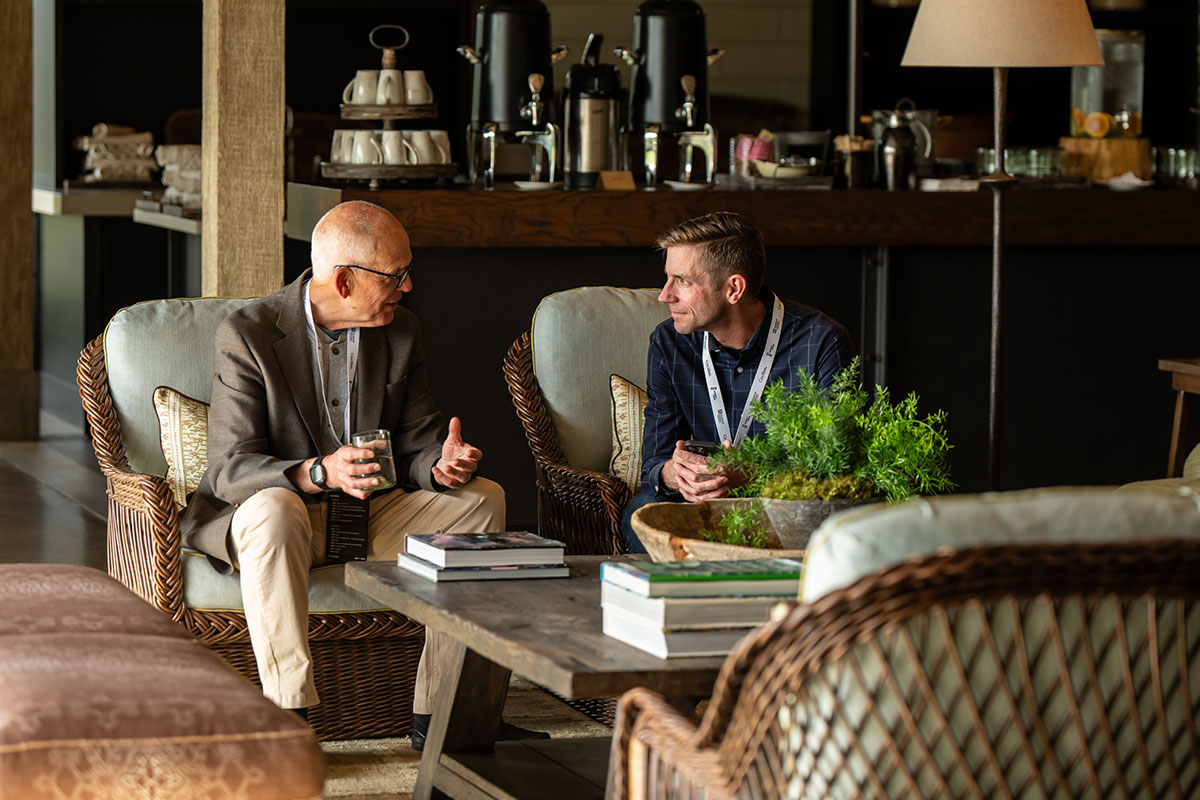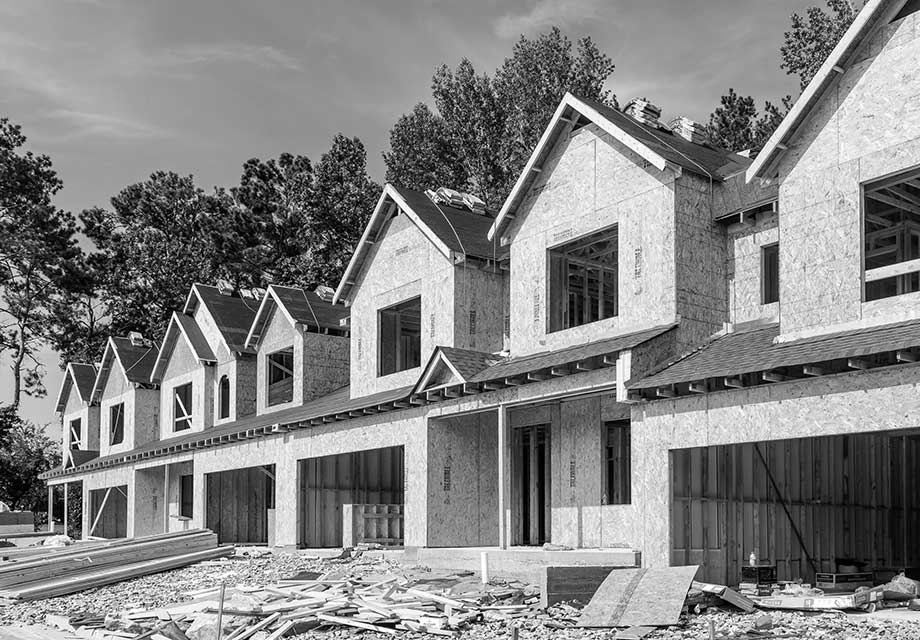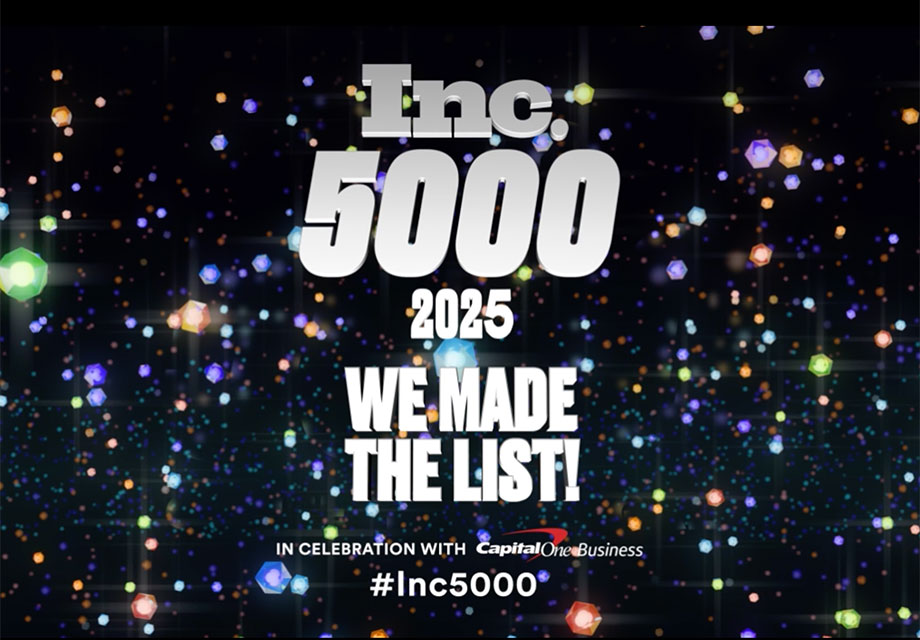The Innovative 50, Part Deux: Building What's Next, Together

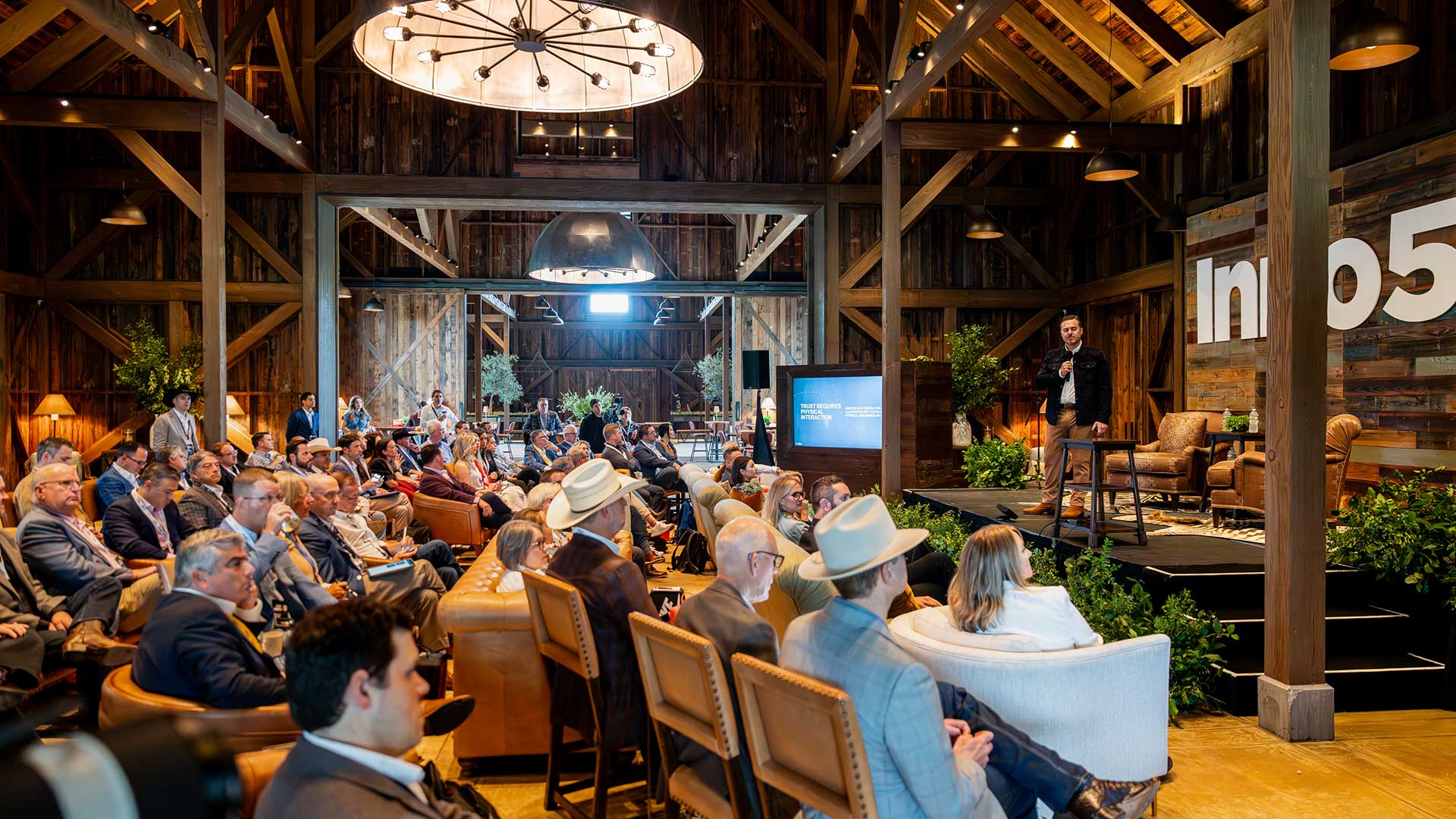
On May 1, 2025, for the second year in a row, The Innovative 50 brought together many of the most forward-thinking leaders in residential real estate to talk tech, transformation, and the future of customer experience. We came to challenge assumptions, share hard-won lessons, and shape what comes next—for homebuyers, communities, and the companies that serve them.
With a guest list spanning developers, builders, technologists, and strategists, this year’s program tackled some of the industry’s most urgent themes: the role of AI, the imperative of clean data, the evolution of customer experience, and what it really takes to create lasting change.
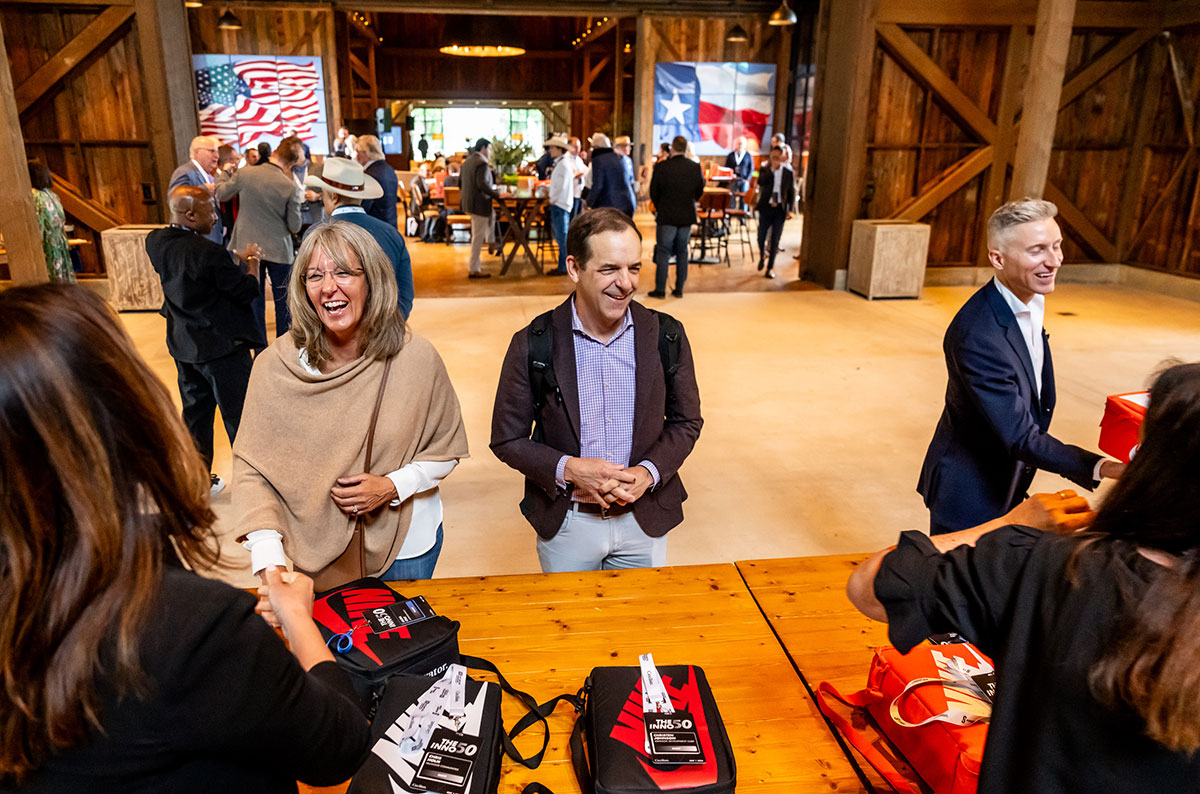
Opening Session: A Grounded Start
We kicked off the day with something a little different—and frankly, a little radical for a room full of executives.
Our executive advisor, Khari Walker, opened the morning with a brief meditation and breathing practice. He invited us to leave the outside world behind, focus fully on the moment, and set a simple intention: gratitude. For the people in the room and the work we were there to do, together.
Because when you’re building something that matters, being fully present is a great place to start.
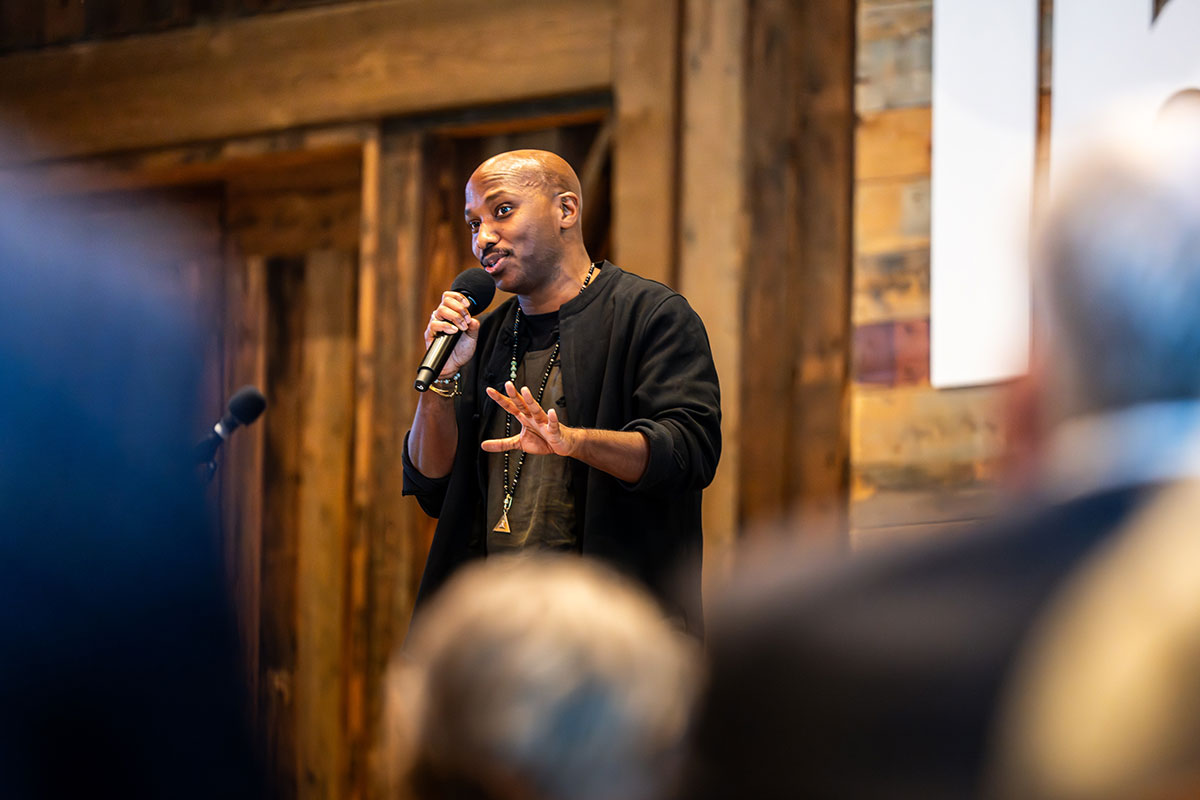
Welcome Remarks: Discipline Over Disruption
Cecilian Partners’ co-founder and CEO, John Cecilian Jr., opened with a challenge: stop chasing silver bullets, and start building with discipline.
In real estate, we’re often looking for a quick fix—a new tool, platform, or AI solution to transform the way we work. But real transformation starts with something harder: clean data. Structured process. Consistent habits. A culture that can actually support the technology we invest in.
Innovation, John reminded the room, doesn’t fail because the vision is too small. It fails because the foundation isn’t strong enough to carry it.
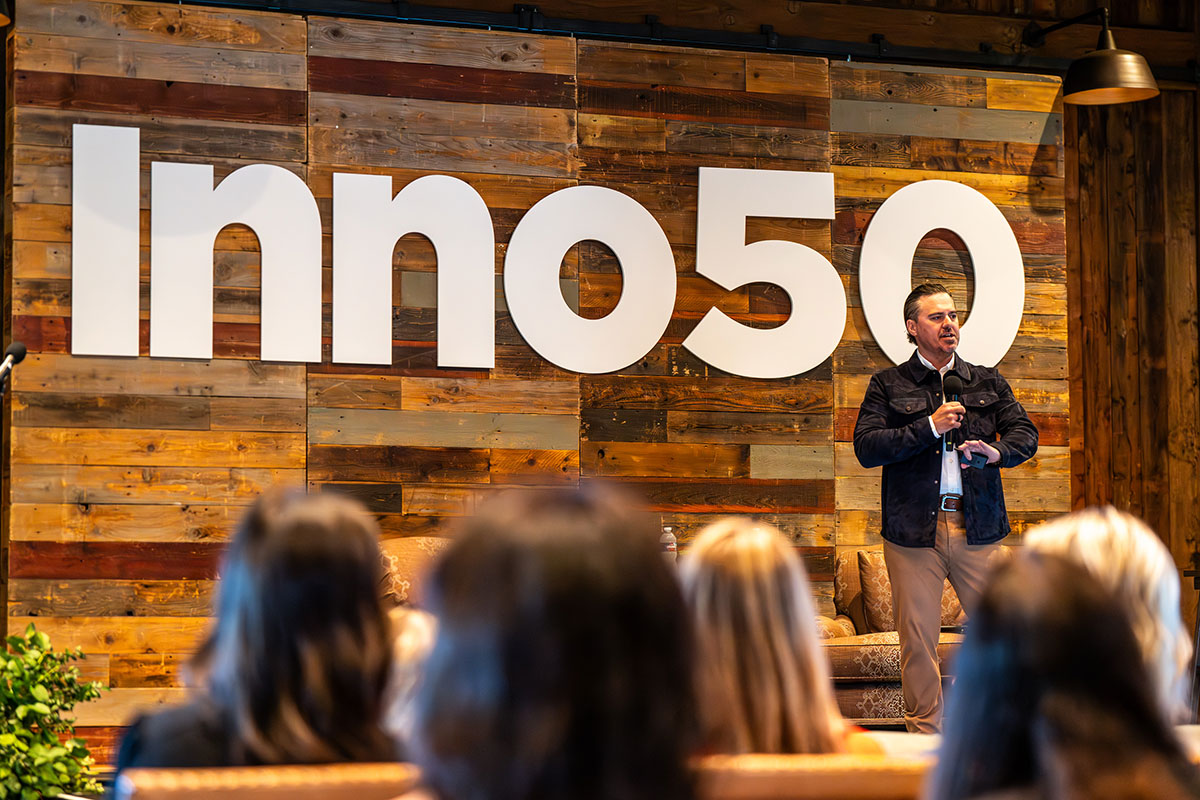
Keynote: Scott Spradley on People-First Transformation
Scott Spradley, CTO of Lennar (now retired), delivered a standout keynote on the discipline behind real transformation. His message was clear:
If you want to scale innovation, you have to do the gritty work first.
Scott laid out what digital transformation actually looks like—not a flashy tool or quick win, but the unglamorous, foundational work: cleaning up your data, building adaptable teams, and standardizing your processes. It’s the critical-path work of getting your house in order.
And it’s deeply human. Transformation means building trust, enabling decision-making at every level, and asking hard questions: Can we scale this? Can we adopt it fast enough?
Because success isn’t one big leap. It’s a series of small, disciplined wins.
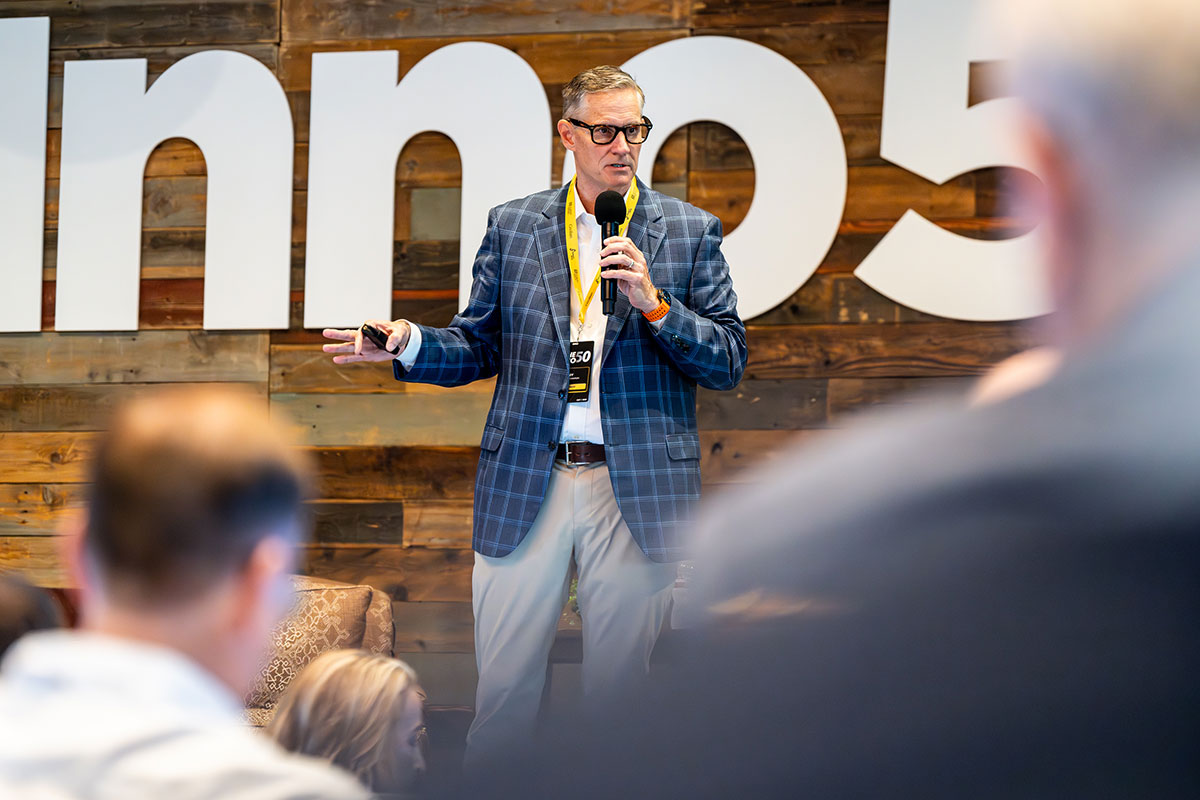
Tech Panel: The Case for Vertical Solutions
Moderated by Cecilian’s co-founder and CPO Phil Worland, the 2025 tech panel featured Steve Ormonde of Focus 360, Robert Cowes of SmartTouch Interactive, and Michael Bergin of Higharc. Three companies with tools that tackle the real, persistent challenges of residential development.
Each firm's tech is purpose-built for this industry. Focus360 helps buyers emotionally connect with unbuilt homes through interactive visual experiences. SmartTouch streamlines marketing and lead management with an all-in-one platform designed specifically for residential development. And Higharc unifies design, sales, and construction in the cloud to eliminate bottlenecks and accelerate the entire build process.
Their message was clear: tech should do more than impress. It should make a genuine impact.
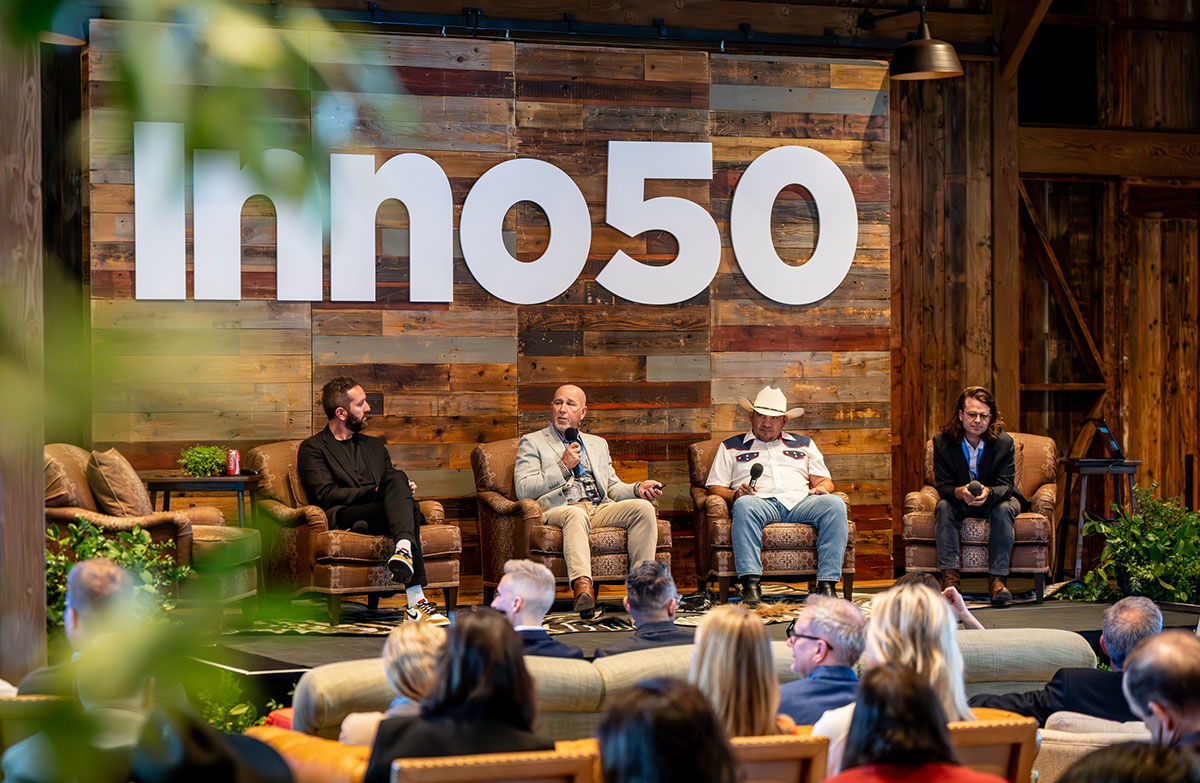
CX Panel: Four Builders, Real Talk
This year’s customer experience panel, moderated by Overabove’s Deven Spear, brought together four leaders in homebuilding for a candid conversation about what world-class CX really looks like.
Panelists Brandon Sharp (Brookfield Residential), Cammie Longenecker (Taylor Morrison), Alaina Money-Garman (Garman Homes), and Colin Stayton (Ernst Brothers) explored how builders are reimagining the customer journey in an industry not known for empathy, transparency, or tech-forward thinking.
The common thread: Building homes is still about people. And delivering a great experience means aligning systems, culture, and communication around that truth.
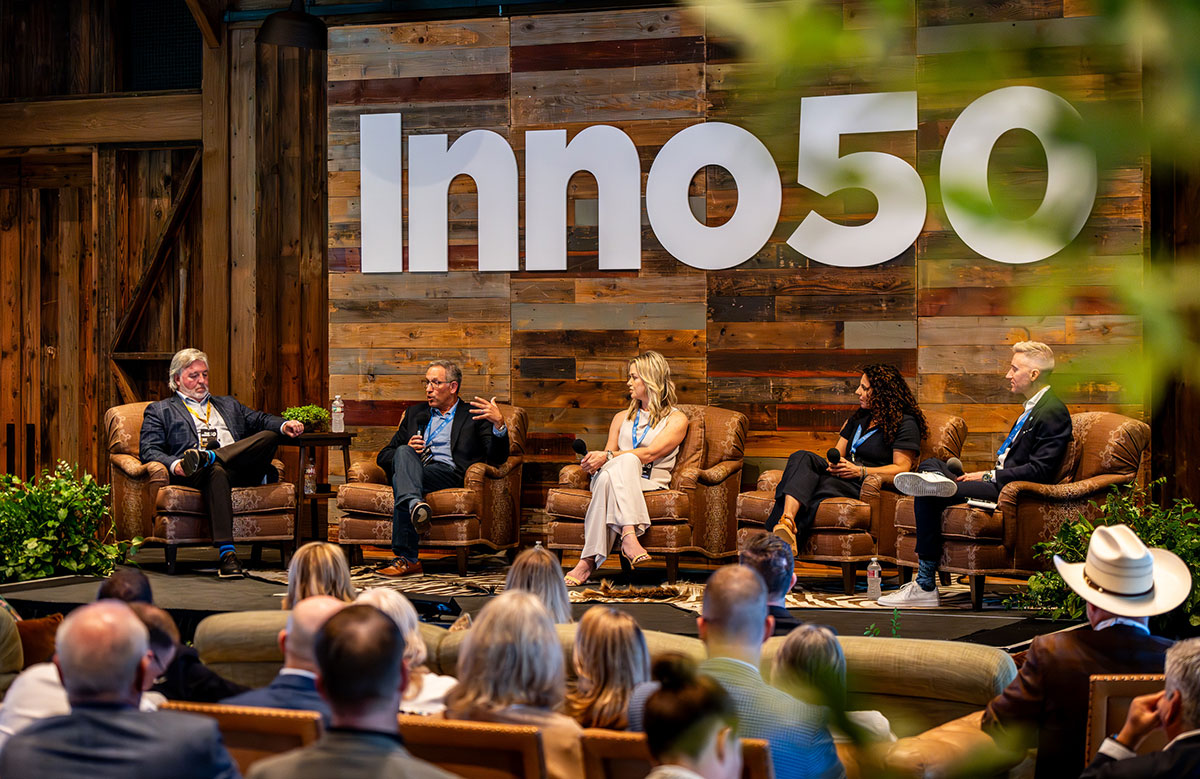
AI Spotlight: Russ Kliman on Using AI with Intention
Russ Kliman, founder and CEO of FutureCrafted, delivered a masterclass in AI with his signature clarity and insight. One line landed hard: “This isn’t the end of work. It’s the beginning of worth.”
Russ showed us that AI isn’t about replacing people—it’s about reimagining how we work, and making the most of what’s human. His key lessons:
- AI is a team sport. Start small, build from the bottom up.
- Clean, structured data is non-negotiable.
- Innovation starts with imagination. Create space to experiment.
He reminded the room that transformation takes courage, discipline, and a willingness to rethink everything. Including ourselves.
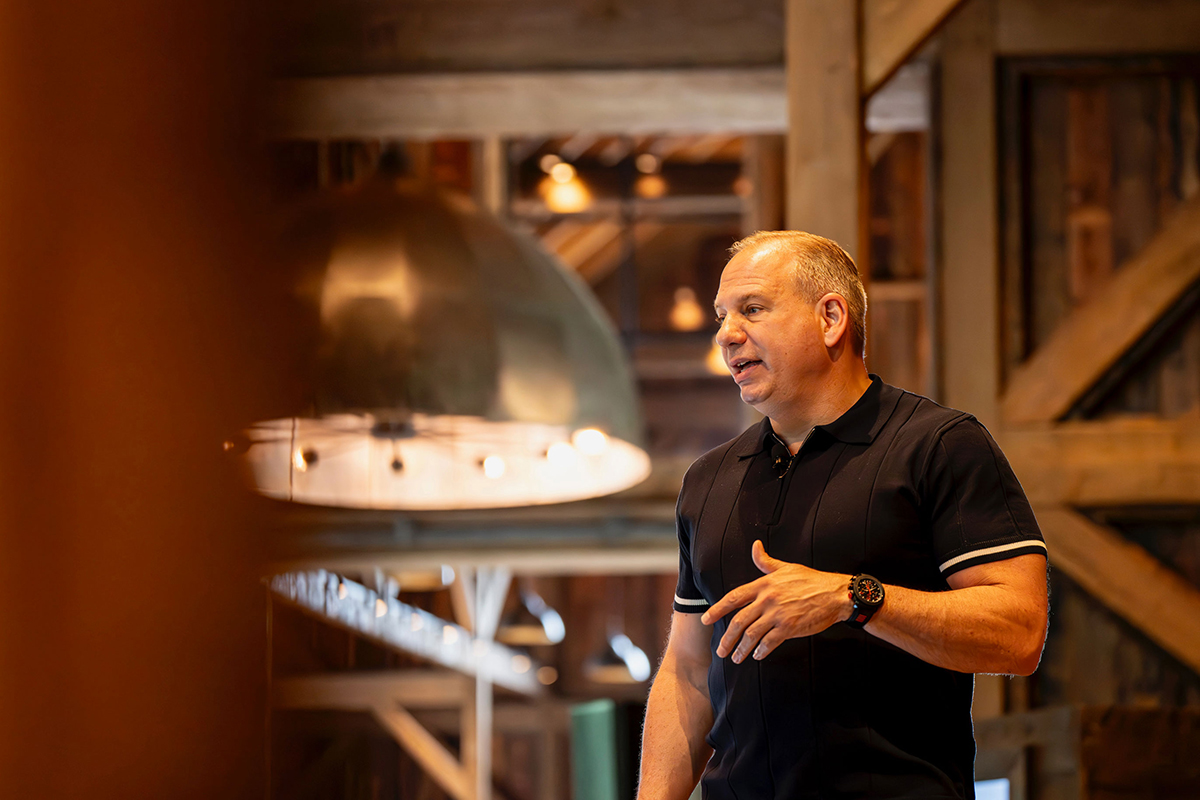
Florida Innovation Panel: Lakewood Ranch & Babcock Ranch
In a standout session moderated by Ken Perlman of John Burns Research and Consulting, Laura Cole (Lakewood Ranch) and Tom Hoban (Kitson & Partners) shared what it looks like to build for the long haul.
From perpetual funding models to storm-resilient infrastructure, both communities are proving that sustainability, stewardship, and innovation go hand-in-hand. Their breakthroughs aren’t just about technology—they’re about commitment and the discipline to deliver on big promises, year after year.
Ken reminded us that community development is a long game. And the most innovative leaders have been playing to win for decades.
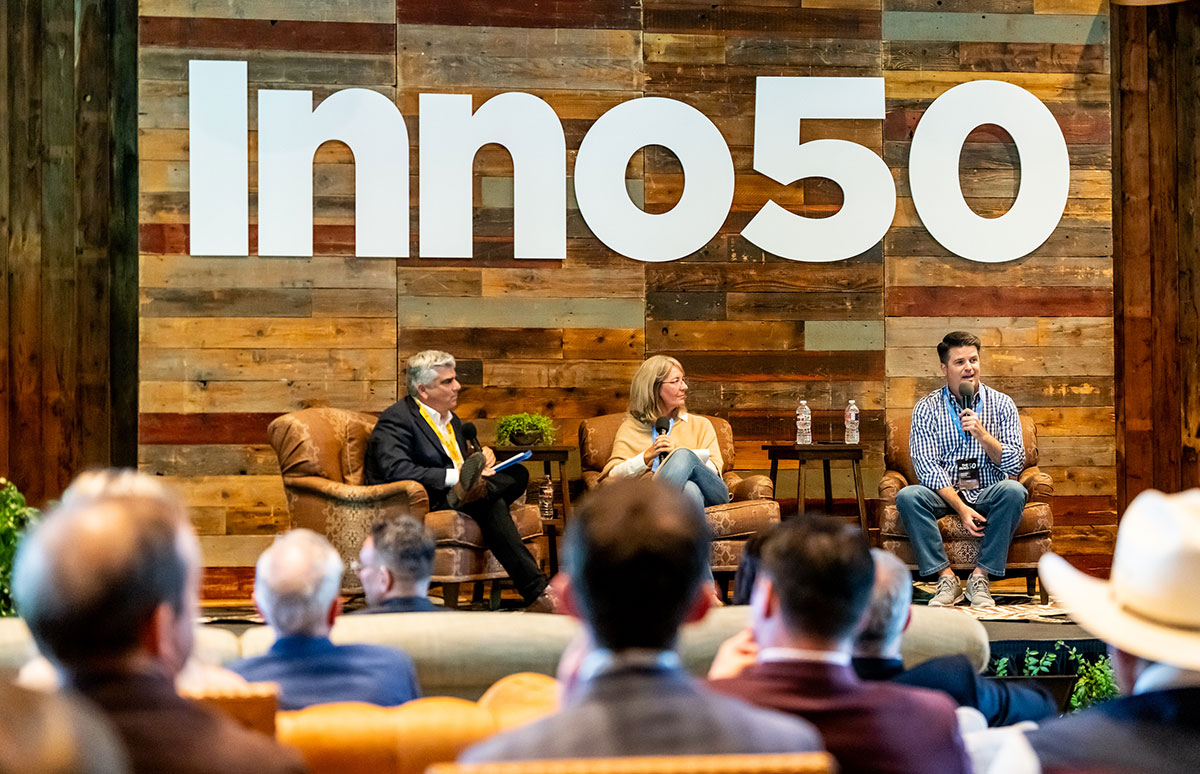
Fireside Chat: Grit, Identity, and the Long Road Back
We closed the day with a candid conversation between John Cecilian Jr. and cycling legend Lance Armstrong.
They talked grit, failure, process, and the slow work of reinvention. From a cancer diagnosis at 25 to global fame, public collapse, and a long, deliberate climb back, Lance’s story is one of relentless forward motion.
He spoke openly about what it means to rebuild when the story you’re known for no longer defines you, and how clarity, accountability, and purpose shaped his second act. For an industry navigating massive change, it was a fitting close.
Because transformation isn’t just a business strategy. It’s personal. And it demands the courage to keep showing up, even when the road keeps getting steeper.
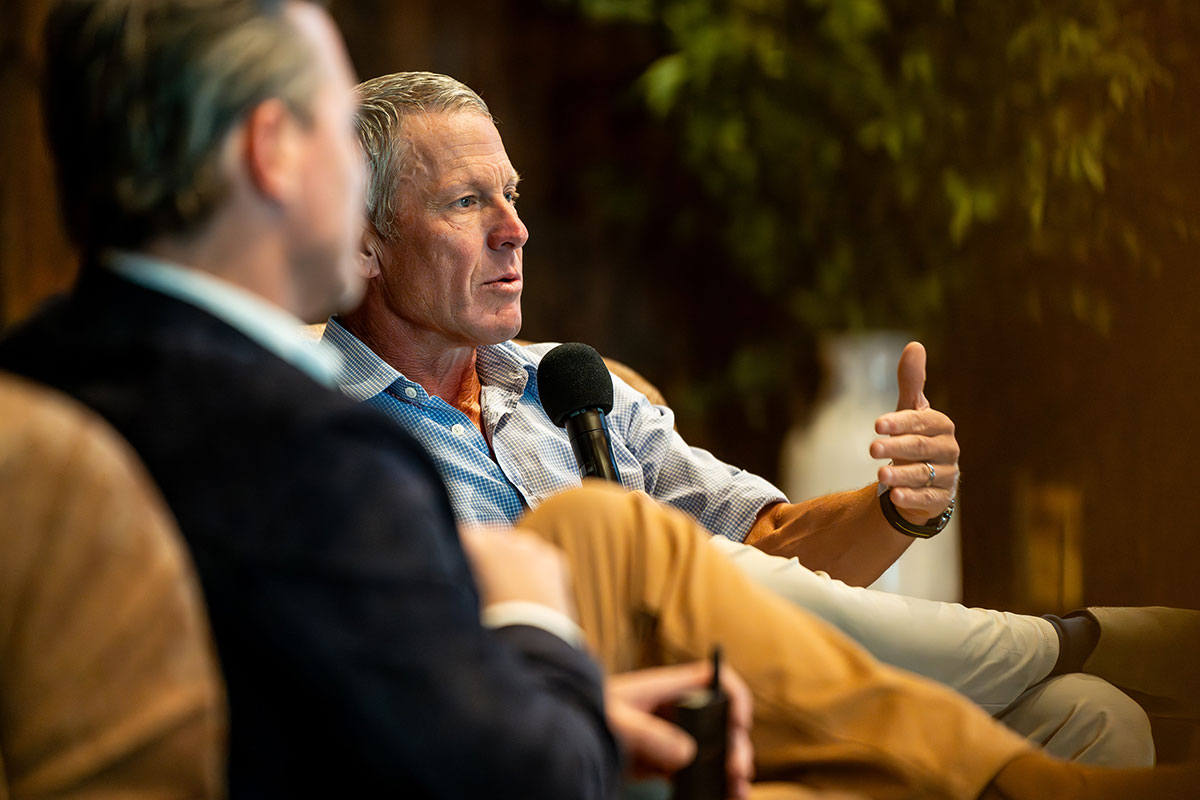
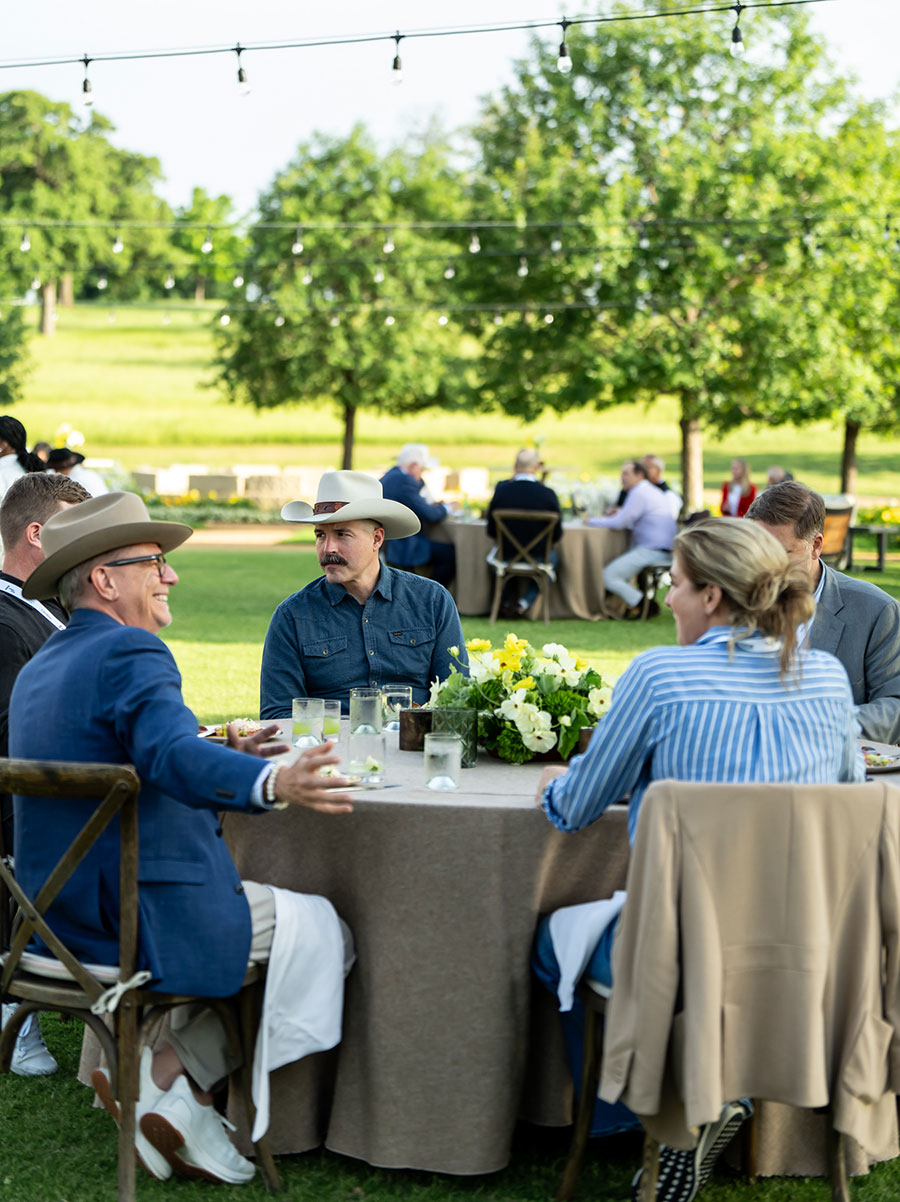
Closing Message: Keep Going
Innovation is hard. It’s necessary. And it’s worth it.
The Innovative 50 made clear that the companies leading the future of this industry aren’t chasing every trend. They’re doing the work. They’re rethinking systems, building better cultures, and aligning teams around the customer. One smart, disciplined step at a time.
